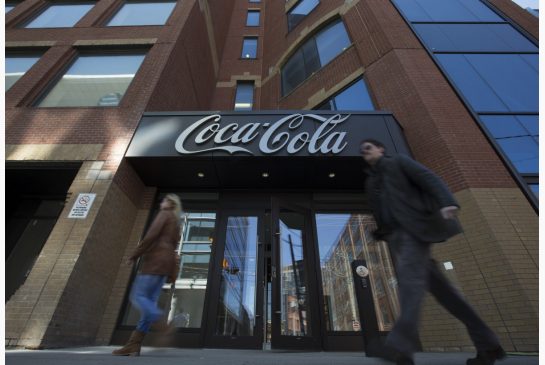Xiaomi, a Chinese-based mobile phone company founded in 2010 is compared with Apple. However, I believe we can draw another parallel here – with Dell.
Like Dell, Xiaomi sells directly to its customers, online. This eliminates the middleman which enables the start-up to gain price advantage. Similarly, Xiaomi is also open to customer feedback and its products tend to be market-oriented. The company releases updates and new features in response to feedback and surveys from their customers. This customization, while not as flexible as Dell’s model, adds value to Xiaomi’s mobile devices.
As technology develops and standard of living increases, smartphones are becoming less and less of a luxury good. As so, there is strong competitive rivalry between companies in the industry. Thus, those who can offer the best product at the lowest price are likely to have a greater advantage against those who cannot. Even though Apple remains successful in the sales of its iPhone models, competitors like Xiaomi are offering very similar if not better products at a much lower cost. This is a large threat towards Apple, especially in the Chinese market.


